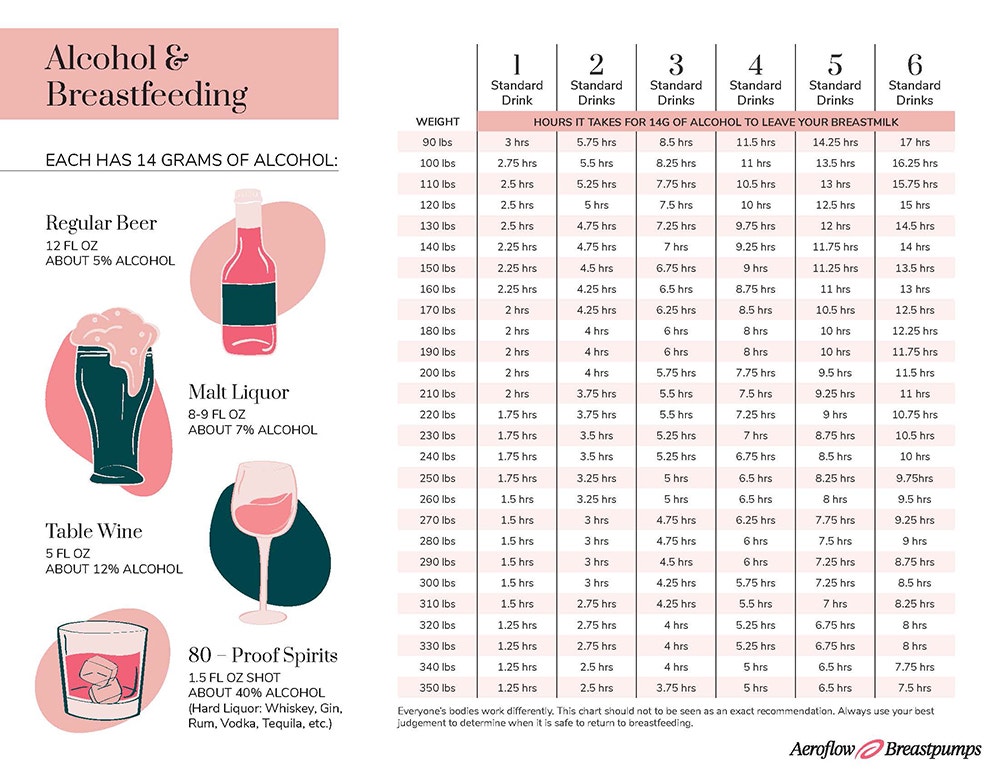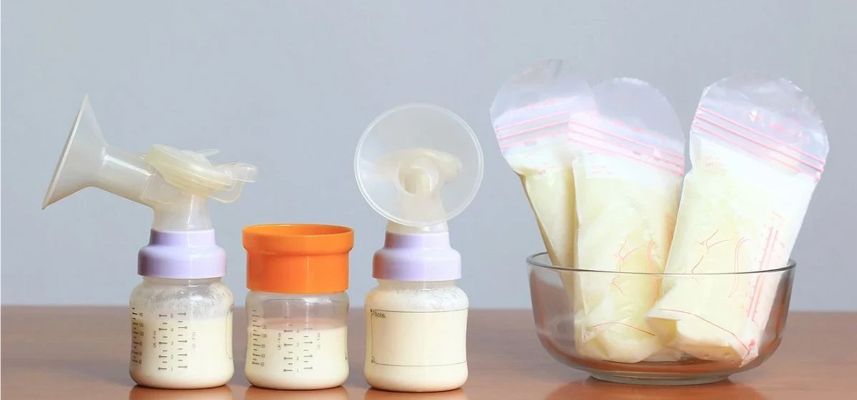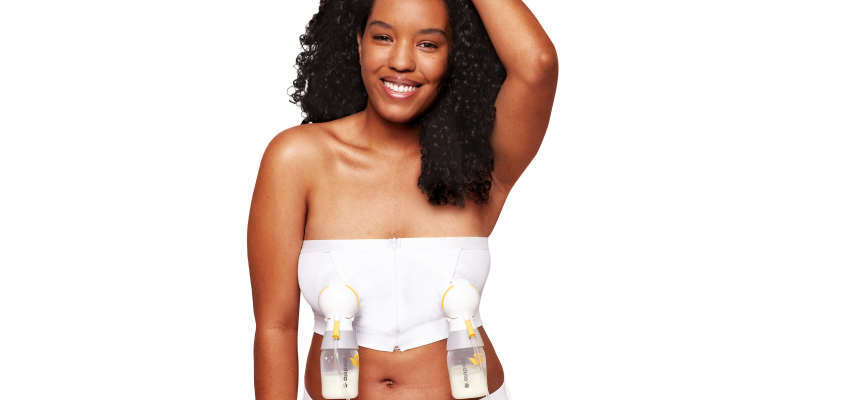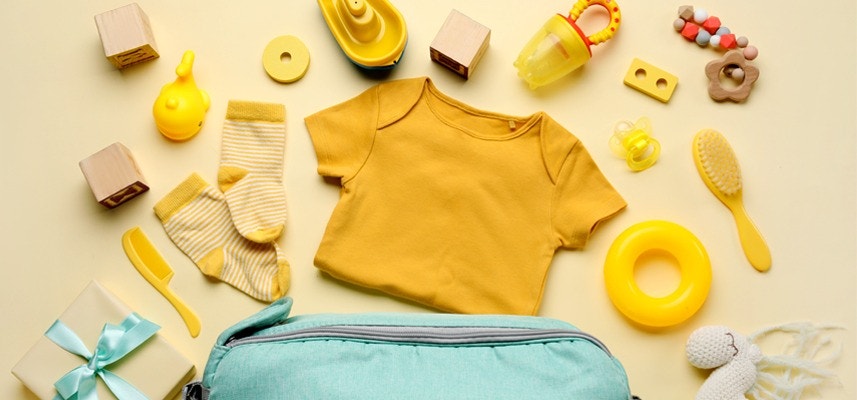Many new mothers wonder if it's safe to enjoy a glass of wine while breastfeeding. The short answer is yes, with moderation and planning. A standard 5-ounce glass of wine usually takes about 2-3 hours to fully metabolize, depending on body weight. Because no amount of alcohol in breast milk is considered completely safe for babies, timing and quantity matter. With some careful planning, occasional wine consumption can be enjoyed while still protecting your baby.
Can a Breastfeeding Mother Drink Wine?
Breastfeeding mothers can occasionally enjoy a glass of wine without harming their babies, as long as they follow safety guidelines. According to the Centers for Disease Control and Prevention (CDC), limited alcohol use is considered compatible with breastfeeding, though regular drinking is discouraged. The key is understanding how alcohol is metabolized by your body and how it can affect your breast milk. Unlike during pregnancy, when complete avoidance is recommended, breastfeeding allows for moderate alcohol intake, provided it is timed carefully.
How Wine Affects Breast Milk and Your Baby
An occasional drink is generally safe postpartum, but the type of alcohol and the amount of alcohol consumed can affect how much passes into your breast milk and may even influence milk production. In this guide, we’ll focus specifically on wine.
Wine's Impact on Milk Supply
Alcohol consumption, including wine, can negatively impact breastfeeding.
-
It may inhibit the let-down reflex
-
Decrease overall milk supply
-
Reduce the amount of milk babies consume by about 20 to 23%
Alcohol can also contribute to dehydration, which we know can further decrease milk production.
How Much Wine Passes Into Breast Milk
The CDC notes that alcohol from wine readily transfers into breast milk, with concentrations closely resembling maternal blood alcohol levels. The amount that passes into breast milk depends on several factors:
-
Body weight and composition: Smaller individuals may metabolize alcohol more slowly
-
Food consumption: Drinking on an empty stomach leads to higher blood alcohol levels
-
Timing of consumption: Alcohol in breast milk typically peaks 30–60 minutes after drinking
A standard 5-ounce glass of wine (about 12% alcohol) will result in breast milk alcohol levels that mirror blood alcohol levels. While this doesn’t “accumulate” in milk, it remains present until the body metabolizes the alcohol, which usually takes about 2 to 3 hours per drink for the average adult.


Safe Wine Consumption Guidelines for Breastfeeding Mothers
Here's what you should consider before drinking a glass of wine while breastfeeding:
Recommended Limits
-
Moderation is key: No more than one standard drink at a time is safest
-
Frequency: Allow enough time for your body to fully metabolize the alcohol before nursing again, rather than following a set weekly limit
-
Standard drink size:
-
5 fluid ounces of wine (12% alcohol)
-
Roughly one typical wine glass serving
Timing Your Wine Consumption
Alcohol levels in breast milk mirror your blood alcohol levels. This means the safest strategy is to wait until the alcohol has left your system before breastfeeding. Your body weight, food intake, and how much you drink all affect the timeline.
General metabolization guidelines:
-
1 drink = 2-3 hours
-
2 drinks = 4-5 hours
-
3 drinks = 6-8 hours
Liz Truesdale, RN, IBCLC, an expert lactation consultant at Aeroflow Breastpumps, says, “The safest approach is to wait at least 2–3 hours after drinking one glass of wine before breastfeeding, though individual factors like body weight, food intake, and alcohol tolerance may extend this timeframe.”
Addressing Common Wine and Breastfeeding Questions
Can I Breastfeed My Baby After a Bottle of Wine?
Breastfeeding after consuming an entire bottle of wine is not safe. A full bottle contains about five standard servings, which can take 8 hours or more to metabolize, depending on body weight and alcohol tolerance. If you plan to drink this much, it’s best to prepare ahead by having previously expressed breast milk available for your baby.
Do I Need to Pump and Dump After Wine?
Pumping and discarding breast milk (“pump and dump”) is a common myth—it does not speed up how quickly alcohol leaves your milk. Alcohol leaves breast milk at the same rate it leaves your bloodstream. Once your body has metabolized the alcohol, your milk is safe again.
That said, pumping and dumping can still be helpful if your breasts feel engorged or you need to maintain supply during the waiting period.
How Do I Know if My Baby is Affected by Alcohol in Breast Milk?
Babies who ingest alcohol through breast milk may show temporary changes such as:
-
Increased drowsiness or lethargy
-
Irregular feeding patterns
-
Sleep disturbances (shorter or fragmented sleep)
-
Decreased milk intake during nursing sessions
-
Unusual fussiness or irritability
Liz notes, "Even small amounts of alcohol can affect infant behavior. If you notice any changes in your baby's feeding or sleep patterns after consuming wine, extend your waiting period before the next nursing session."
Long-term exposure to alcohol in breast milk has been linked to delays in infant motor development, which makes careful adherence to timing and moderation guidelines essential.
Wine-Specific Considerations for Nursing Mothers
Types of Wine and Alcohol Content
Different wines contain varying alcohol percentages, which may influence how long mothers should wait before breastfeeding:
-
Table wines: 7-14% alcohol by volume (ABV). Follow standard wait times (about 2-3 hours per drink, depending on body weight)
-
Fortified wines (e.g., port, sherry, vermouth): 17-20% ABV. Longer wait times are required since these are closer to liquor strength
-
Low-alcohol wines: 0.5-7% ABV. May clear more quickly
Red Wine vs. White Wine
Both red and white wines require the same safety precautions when breastfeeding. Alcohol content, not color or variety, determines metabolism. The type of wine does not meaningfully change how alcohol passes into breast milk or how long it remains detectable.
Creating a Safe Plan for Wine Consumption
Before Drinking Wine
-
Feed your baby first or make sure there’s an alternative available, such as stored breast milk
-
Plan for support: Alcohol can affect your alertness, so have a sober adult nearby to help with baby care if needed
-
Eat before or during drinking: A meal containing protein, fat, and carbohydrates can slow alcohol absorption
-
Arrange childcare: Ensure someone can assist you if needed, especially if you plan to drink more than one drink
Alternative Options to Wine and Other Alcoholic Beverages
If you’re craving the taste of wine but want to avoid alcohol, consider:
-
Non-alcoholic wines or drinks with similar flavors
-
Grape juice mixed with sparkling water
-
Alcohol-removed wines that retain wine characteristics
-
Waiting until you've established a strong milk supply and feeding routine before enjoying a drink
When to Avoid Wine Completely
Wine consumption may not be safe in certain situations, including:
-
During the first month postpartum, while establishing milk supply
-
When exclusively breastfeeding without alternative feeding options available
-
If your baby shows signs of alcohol sensitivity
-
When you're the sole caregiver and have no backup support
-
If you have a history of alcohol use disorder or dependency
Bottom Line: Alcohol and Breastfeeding
Can you drink wine while breastfeeding? No amount of alcohol in breast milk is considered completely risk-free. However, moderate wine consumption can be compatible with breastfeeding if you plan carefully and follow safety guidelines.
Key points to remember when consuming alcohol:
-
Limit intake to one standard glass at a time
-
Wait adequate time before nursing (generally 2-3 hours per drink)
-
Monitor your baby for any changes in behavior, feeding, or sleep patterns
When in doubt, consult a healthcare provider or lactation consultant who can provide personalized guidance on consuming alcoholic drinks. When drinking alcohol, planning ahead ensures both you and your baby stay safe while allowing occasional enjoyment.
You can find personalized guidance on breastfeeding and answers to nutrition questions on the Aeroflow Breastpumps website. Our certified lactation consultants are available via classes and in our supportive Facebook community: The Pumping Room.







